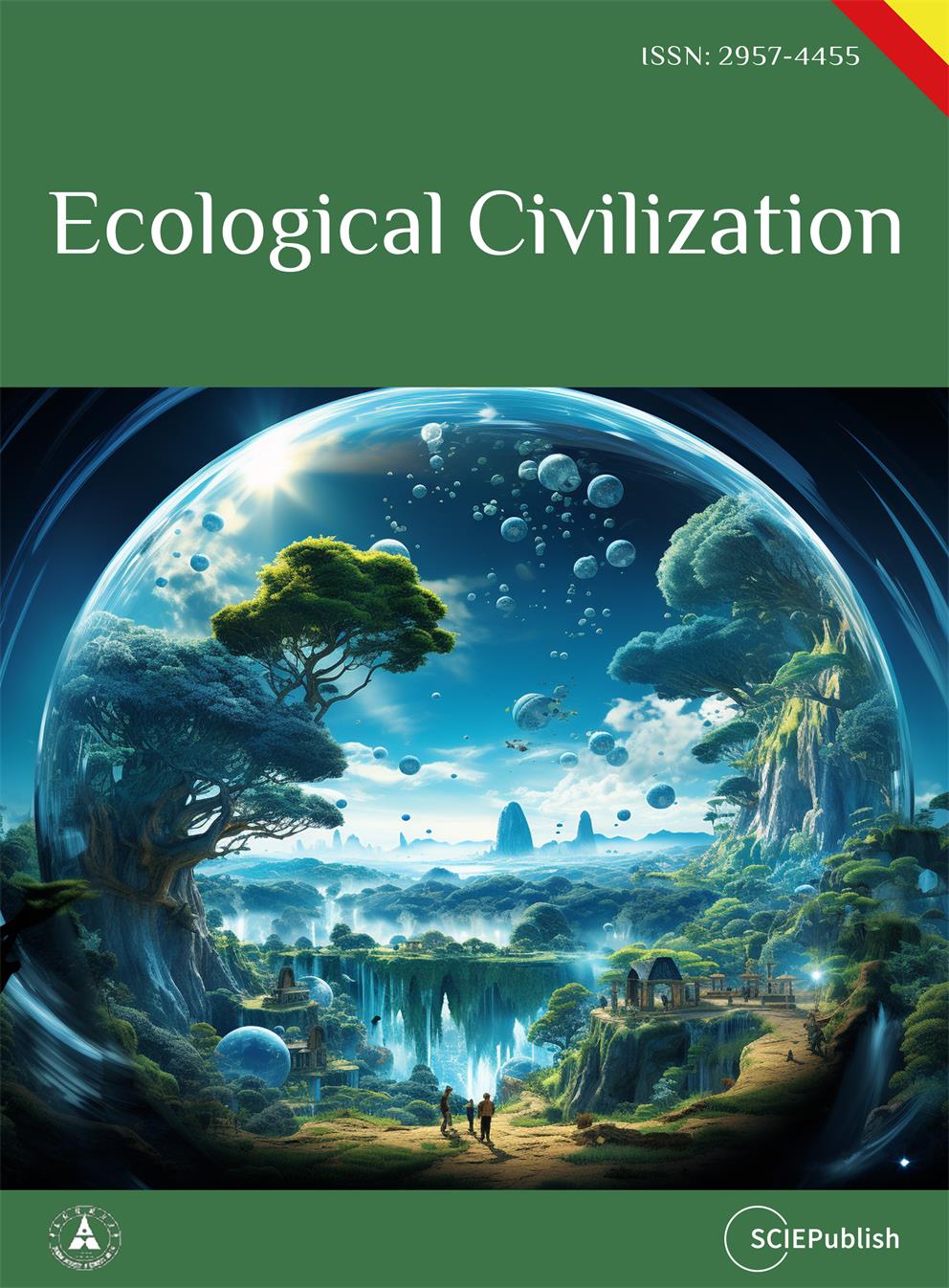Found 2 results
Open Access
Article
07 August 2025Daoism, Confucianism, and the Rights of Nature: Transformative Relations in Ecological Governance
Confronting a global ecological crisis, this paper argues that conventional anthropocentric governance models, rooted in instrumental rationality, are inadequate. Drawing on Edoardo Ongaro’s concept of an integrative approach to an ontological and political philosophical understanding of public governance and administration, it proposes a relational framework for ecological governance by integrating the Rights of Nature (RoN) movement with classical Chinese philosophical traditions. The study emphasizes the complementary foundations offered by Daoism, specifically its concepts of ziran (natural spontaneity) and wuwei (non-coercive action) which support decentralized governance aligned with ecological self-organization, and Confucianism, particularly tian ren he yi (unity of heaven and humanity), which embeds ecological stewardship within moral self-cultivation (ren) and social duty (li). Comparative case studies highlight cultural complexities in implementing such relational governance. This paper outlines a tripartite pathway for building transformative capacities within this relational framework and discusses policy implications.

Open Access
Article
05 August 2024Promoting Ecological Civilization through Religious Prophetic Communication: An Interreligious Framework
This paper explores the transformative potential of religious prophetic communication in advancing an ecological civilization. Drawing upon diverse religious traditions—Christianity, Islam, Buddhism, and Confucianism—it argues that religious teachings offer profound insights and ethical frameworks essential for addressing contemporary ecological challenges. A key aspect of ecological civilization is the presence of a pervasive ecological ethos. The paper contends that religious prophetic communication plays a crucial role in cultivating such an ethos by promoting a heightened ecological conscience and consciousness among individuals and communities. Through prophetic communication, faith actors and communicators articulate moral imperatives rooted in religious principles contextualized to the present ecological situation. The paper delineates five components that make up religious prophetic communication: (1) Communicating from the position of faith; (2) Communicating in a contextually relevant manner; (3) Communicating to energize; (4) Communicating to criticize; and (5) Communicating beyond words. Applied to the ecological context, religious prophetic communication aims to affirm, stimulate imagination, clarify misunderstandings, inspire action, and confront unjust realities. By carrying out its prophetic role, religious communicators can help bring about an ecological ethos and promote the realization of ecological civilization.
